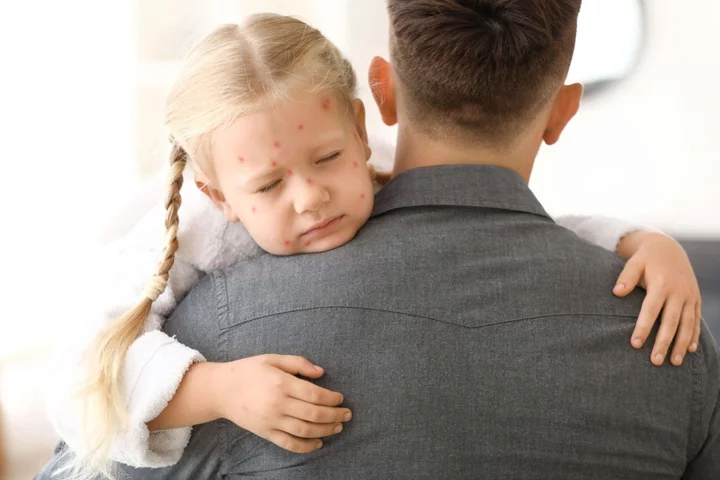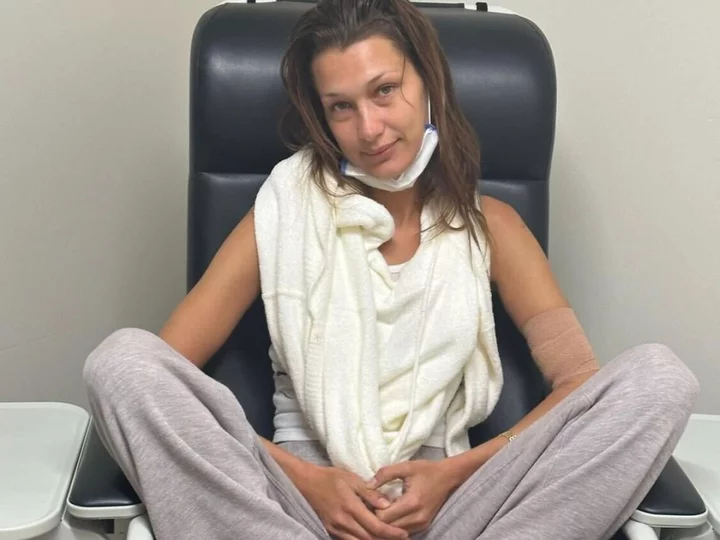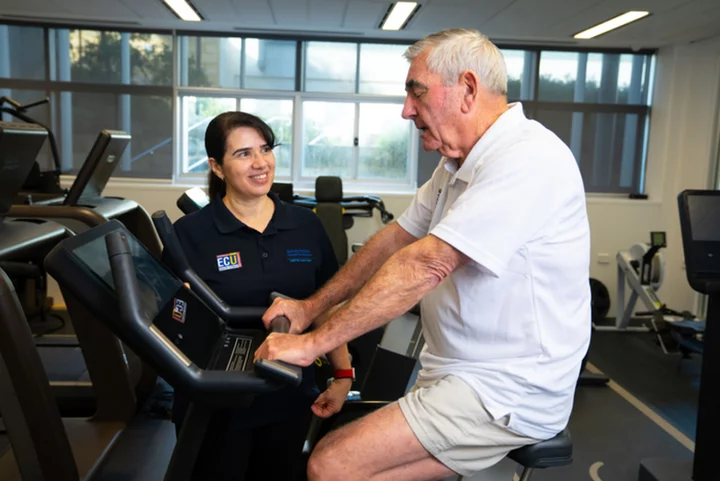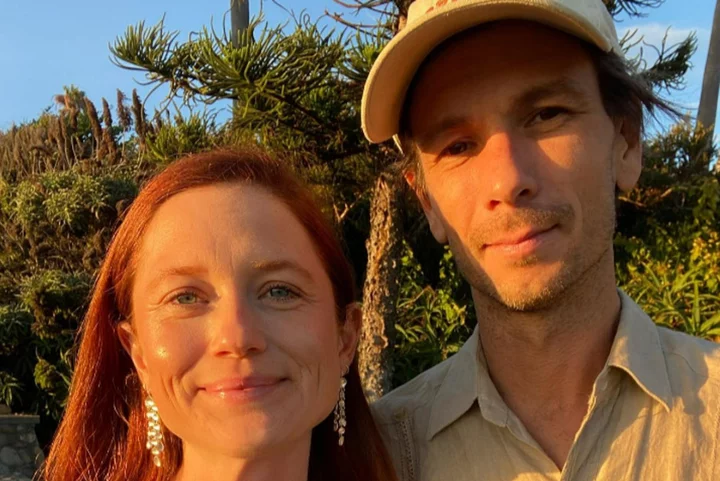Chickenpox is extremely common and spreads easily among children – resulting in that telltale itchy red rash. So it’s no surprise that many parents at some point find themselves asking: can I go to work if my child has chickenpox?
What do parents need to know? We talked to healthcare professionals to find out.
Can I go to work if my child has chickenpox?
General NHS advice is anyone with chickenpox should stay off school or work until no longer contagious (when the spots have all scabbed over). But if it’s only your child who has chickenpox and not you, what then?
“Parents can go to work if their child has chickenpox, as long as their child has appropriate care in place,” says Dr Zulqarnain Shah, medical director at SSP Health and GP at SSP Health practice Colne Road Surgery.
“Chickenpox is a highly contagious viral infection that can spread easily to others who have not had the illness or been vaccinated against it. Isolating a contact [eg. the parent of an infected child] is not necessary with chickenpox, as it is so common.”
However, there may be times when extra caution is sensible. Most of the time, chickenpox is unpleasant but not serious – but it can cause complications in certain cases, such as for newborn babies, and people who are pregnant or have a weakened immune system.
So if you are unsure whether you might have contracted the virus from your child and there is a chance of spreading it to somebody potentially vulnerable, it might be a good idea to seek advice.
How long does chickenpox usually last?
“Chickenpox typically lasts for two weeks,” says Dr Yiannis Ioannou, consultant paediatrician at The Portland Hospital (part of HCA Healthcare UK).
“During the first few days of infection, new spots can appear all over the body. However, these should dry up after around five to 10 days. Scabs will form and eventually fall off. You may notice new spots appearing as older ones are healing. This is normal and nothing to worry about, as it can take around two weeks for all spots to dry up.
“Unfortunately, it can be spread very easily. Someone infected with chickenpox can spread the disease to others two days before spots appear. Chickenpox can also be passed on through pregnancy. This can pose a threat to your unborn child,” Ioannou adds. “If you begin to suffer from any symptoms related to chickenpox [while pregnant], consult with your doctor as soon as possible.”
Shah also suggests checking in with your GP if you are pregnant and your child gets chickenpox, but you’ve never had it before.
How do you treat chickenpox?
Chickenpox should clear up on its own eventually, so treatment is mostly about easing symptoms and preventing complications.
Shah says: “Parents can give their child paracetamol to help reduce fever and relieve pain. Ibuprofen is not recommended, as it can cause a reactive rash. It is also important to keep the skin clean and dry to prevent infection of the blisters. Avoid using aspirin as it may increase the risk of Reye’s syndrome, a rare but serious illness that can occur in children with chickenpox.”
Chickenpox can be very itchy. Ioannou says applying calamine can help. “You can often buy this over the counter at your local pharmacy. Dab the lotion directly onto the spots to provide relief.”
Keeping babies’ and toddlers’ nails trimmed and clean is also helpful, plus gloves and mittens can help prevent scratching.
Are there times when chickenpox requires medical advice for children?
Shah suggests chickenpox in children is usually mild. “However, there are certain signs that may indicate a need to speak to a doctor and get additional advice,” he adds.
“These include a high fever that lasts more than four days, severe coughing or trouble breathing, severe skin rash, or if the child seems very sick or weak. Parents should also seek medical attention if their child has a weakened immune system.”
Ioannou says it’s important to be mindful of dehydration in babies and younger tots too. He adds: “If you are worried about your baby or child it is always important to seek medical advice.”
Read MoreCharity boss speaks out over ‘traumatic’ encounter with royal aide
Ukraine war’s heaviest fight rages in east - follow live
What is mitochondrial donation treatment and who can get it?
Pensioner, 85, shares the simple switch that’s helped him to do 650,000 press-ups
Angelina Jolie shares tribute to late mum and urges women with family cancer history to get checked









